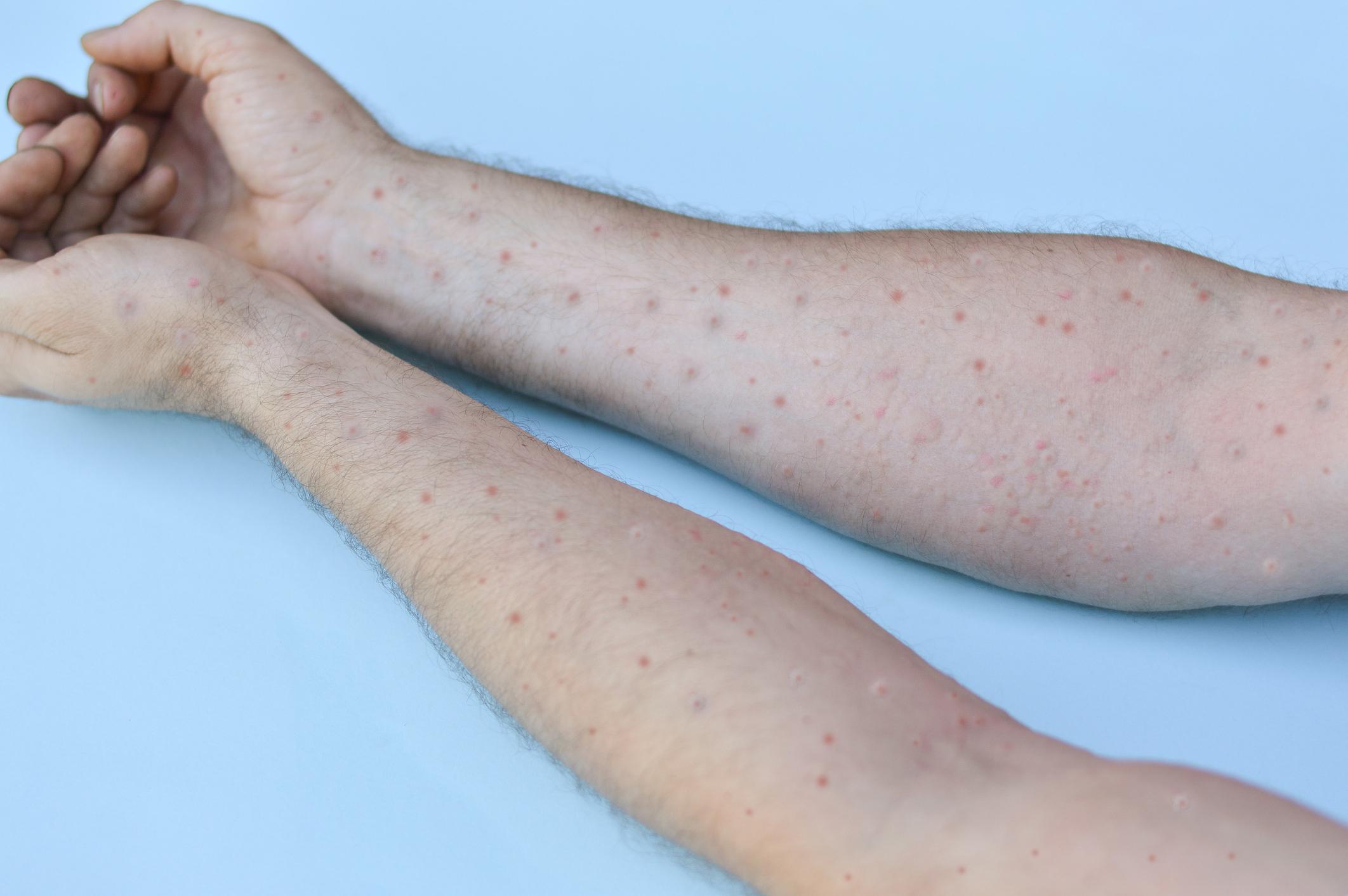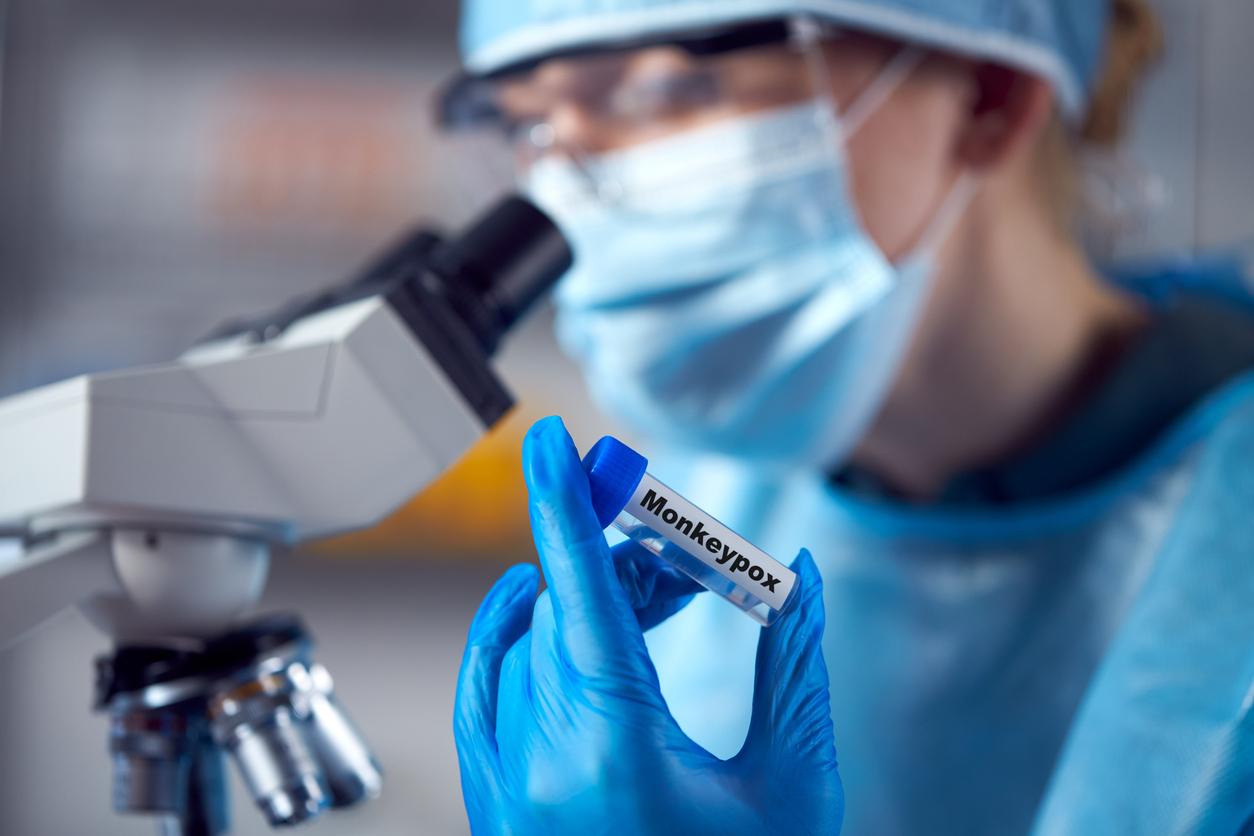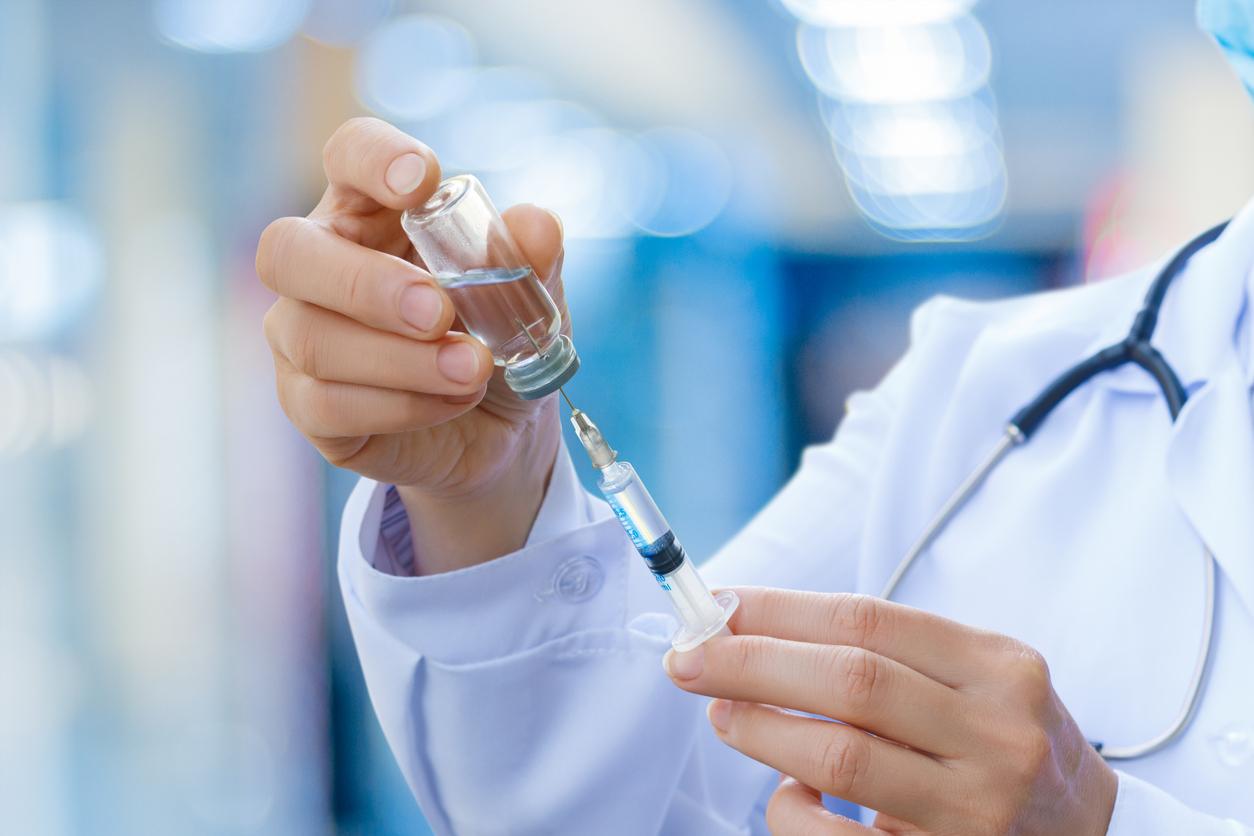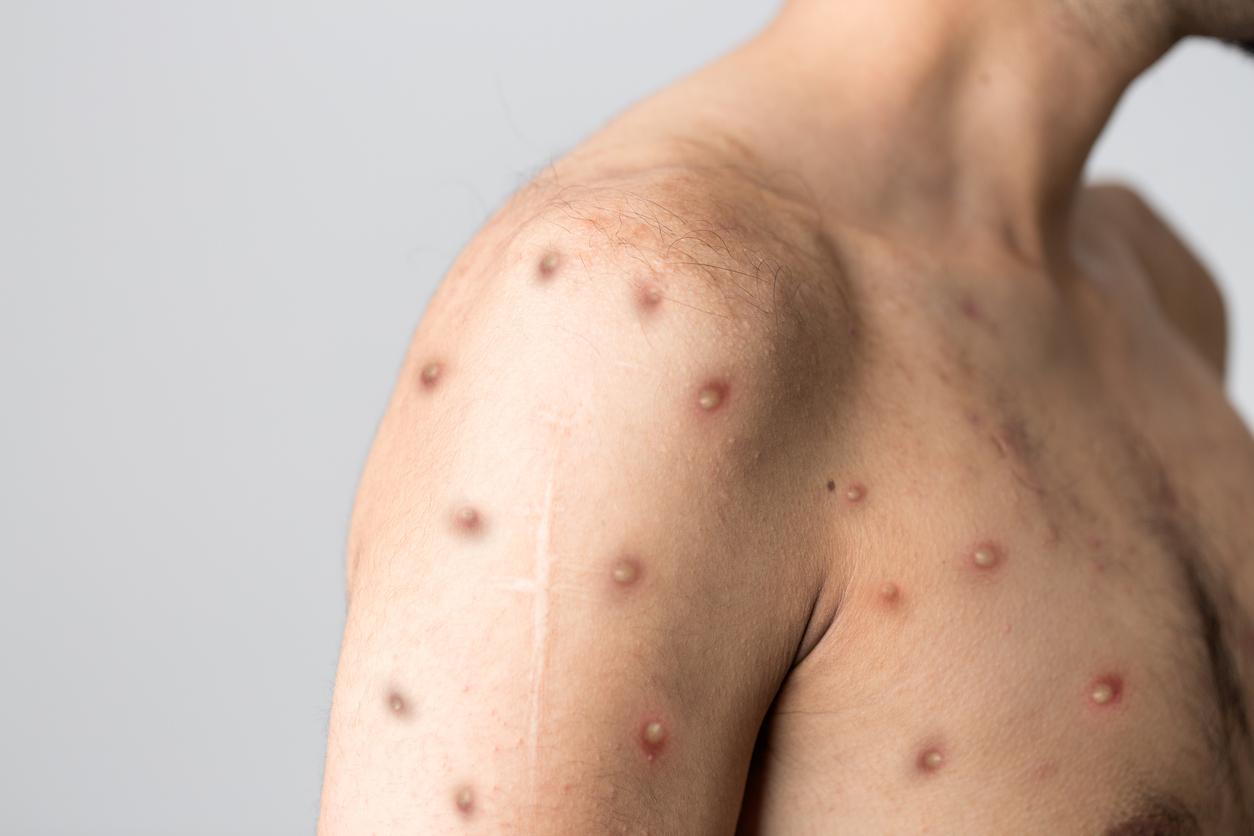Does your state of health allow you to participate in the stool donation organized as part of the Le French Gut project? Launched on September 15 by Inrae, this participatory science project calls on the 66 million French people to donate their stoolin order to map the diversity of microbiota in the French population.
But on September 19, 2022, the Medicines Safety Agency (ANSM) shared new recommendations“to secure stool donations in the context of faecal microbiota transplantation“. As with blood samples, the procedures for selecting stool donors vary according to the donor’s state of health. So who can or cannot pass stools? A study published on August 12, 2022 in the journal NatureMedicine Having reported the detection of monkeypox virus DNA in the stools of infected individuals, the Agency wished to provide details in a context where the Monkeypox virus is still circulating:
- For donors with a confirmed, probable or suspected Monkeypox infection, the donation is postponed for 42 days, from the date of onset of clinical signs;
- For donors identified as a contact case of a confirmed, probable or suspected case, the donation is postponed for 21 days from the date of the last contact;
- Finally, for donors who have received the Imanvex vaccine, the donation is postponed for 28 days after the date of the last injection.
The French Gut, it starts today and here’s how to participate!
Join Le French Gut, advance the science of microbiota. #health#microbiota#lefrenchgut
To register, go to:https://t.co/zna2QWFQ1Z@INRAE_Francepic.twitter.com/ajBZxiFaLz
— The French Gut (@lefrenchgut) September 15, 2022
The microbiota brings together thousands of microorganisms living in our bowels. Each human contains about a kilo of it. It plays a major role for our health and theintestine and the microbiota that inhabits it are sometimes nicknamed the “second brain”, so much they can influence all of our vital functions. Nevertheless, all the mechanisms by which these “good” bacteria can influence sleep, mood or even weight gain are not yet sufficiently known. Hence the launch of this new project, which cannot be carried out without the help of the French. French Gut – the French intestine – will revolve around three scientific axes:
- Map the microbiota French gut;
- Model and predict changes in the intestinal microbiota associated with chronic diseases (diabetes, obesity, cancer, inflammatory bowel diseases), neurodevelopmental disorders (autism, bipolarity) and neurological diseases (Parkinson’s disease);
- Describe the variations of the intestinal microbiota associated with the presence and development of diseases and functional disorders.
A project spanning 5 years which will make it possible in the long term to move towards specialized and personalized prevention, but also diagnostics and innovative therapies, “in particular to fight against chronic diseases, which have been constantly increasing for 60 years”indicates the communicated from Inrae. “The objective is to understand the heterogeneity of French healthy intestinal microbiota, the factors that impact them, as well as their deviations in chronic diseases”, he continues. In return, participants will be made aware of the microbiota and its link with health and food.
Donate stool to screen for colon cancer
Giving stools is already practiced, especially for colon cancer screening. First, participants will need to register online. They will then receive a small cardboard box at home, with everything they will need to participate. INRAE hopes to collect more than 100,000 samples by 2027 and at least 3,000 during the first collection phase launched in September.
If this gift may seem surprising, it is necessary to develop the treatments or food supplements of tomorrow. The first results should arrive within two years, and others will follow over the next few years.
Sources:
- Project launch French Gut : better understand the French microbiota, InraeSeptember 15, 2022
- Monkeypox virus: recommendations for safe stool donations in the context of faecal microbiota transplantation (FMT), ANSM, September 19, 2022
- Retrospective detection of asymptomatic monkeypox virus infections among male sexual health clinic attendees in Belgium, NatureMedicineAugust 12, 2022















